Mid-Flight LTIP Adjustments
April 9, 2024
Evin Peterson

In the midst of navigating through both the lingering impacts of COVID-19 and the financial turbulence marking 2023 and 2024, businesses are compelled to reassess not only their strategies but also the incentives that fuel executive performance. In the year following July 31, 2020, a significant pivot occurred in long-term incentive plans (LTIPs), with around 6% of companies* modifying their plans in response to the pandemic's unexpected disruptions. Facing fluctuating interest rates and a surge in corporate restructuring in the post-COVID landscape, understanding the strategic necessity and risks associated with mid-flight adjustments has become crucial.
Analyzing Mid-Flight Adjustment Trends
Major companies have implemented mid-flight LTIP adjustments to address volatility. Upon examining these adjustments, several key trends emerge:
Adjusting Performance Targets: Companies align metrics and goals to reflect revised business outlooks amidst uncertainty. Dow Inc.’s 2020-2022 Performance Share Program underwent modifications due to the COVID-19 pandemic’s unforeseen macroeconomic challenges, which affected operating ROC forecasts. As a result, performance targets were adjusted to maintain alignment with investor interests. Similarly, Exelon Corporation adjusted its 2020-2022 and 2021-2023 LTIP programs in response to the Company’s spin-off of Constellation Energy Group. The adjustments included recalibrating performance shares based on metrics achieved over a two-year period instead of three and modifying performance goals to reflect the new business structures.
Preserving Motivation: Adjustments sustain employee motivation by ensuring targets remain relevant and fair despite fluctuating conditions. Caesars Entertainment, Inc. certified 2020 achievement at 100% of the target for 2020 PSU Grants, despite not meeting the original adjusted EBITDA targets due to unique challenges posed by the COVID-19 pandemic and subsequent operational shutdowns. Likewise, Dupont de Nemours, Inc. made adjustments to its 2020 PSU award to reflect the significant acquisition and divestitures that materially impacted the ability to assess performance against the original goals, ensuring that incentives remained motivating and relevant despite external challenges.
Driving Strategic Realignment: Companies realign LTIPs with strategic directions that have been altered by changing landscapes. Eli Lilly and Company adjusted its 2020-2022 Performance Award to align with strategic decisions, including adjusting EPS results to exclude impacts from investments in equity securities, thus aligning performance evaluation with strategic financial management decisions. Additionally, Merck & Co., Inc. adjusted the design of its LTIPs for 2019-2021 in response to the Organon spin-off, ensuring that the LTIP design reflected the new strategic direction and operational structure post-spin-off.
Strategic Implications for Companies
Mid-flight LTIP adjustments carry significant strategic implications regarding companies’ incentives, retention and shareholder perceptions:
Maintaining Incentive Effectiveness: Adjustments uphold LTIP motivational impact through unpredictable conditions. This flexibility sustains employee performance despite uncertainty.
Retaining Top Talent: Keeping LTIPs achievable prevents demotivation and talent loss. Adaptability signals companies’ commitment to key personnel.
Managing Shareholder Impressions: ISS scrutinizes mid-flight adjustments to incentive plans, emphasizing the need for companies to explain changes thoroughly and transparently to shareholders. To mitigate the risk of negative evaluation, firms should proactively disclose the rationale and details of adjustments, ensuring clarity and forward-looking insight into the board's decision-making process.
As businesses steer through the aftermath of COVID-19 and the financial uncertainties of 2024, the recalibration of LTIPs emerges as a strategy to sustain executive motivation and align with evolving corporate objectives. These mid-flight adjustments, carefully scrutinized by entities like ISS, underscore the importance of transparent communication with shareholders about the rationale behind such changes.
*Based on a sample of companies analyzed in Equilar’s Incentive Plan Analytics Calculator, developed in partnership with HR Policy Association.
Equilar Custom Research Services
Combining expertise with comprehensive data, the Equilar Research Services Team can capture data on even the most unique circumstances. Projects include topics related to special awards granted in connection with mergers or spinoffs, CEO employment agreements, executive change-in-control programs and much more. Contact us to learn more.
Contact

Evin Peterson
Strategic Partnerships Manager at Equilar
Evin Peterson, Strategic Partnerships Manager at Equilar, authored this post. Please contact Amit Batish, Sr. Director of Content & Communications, at abatish@equilar.com for more information on Equilar research and data analysis.
 Solutions
Solutions









